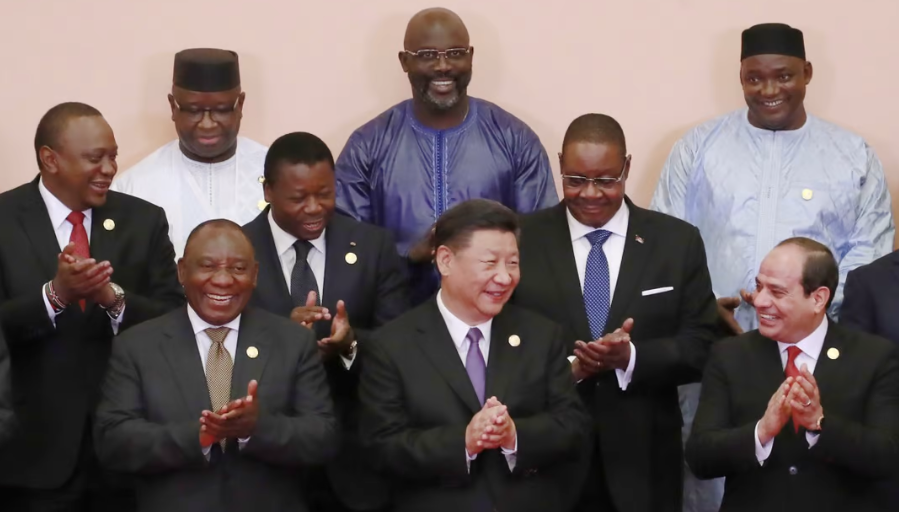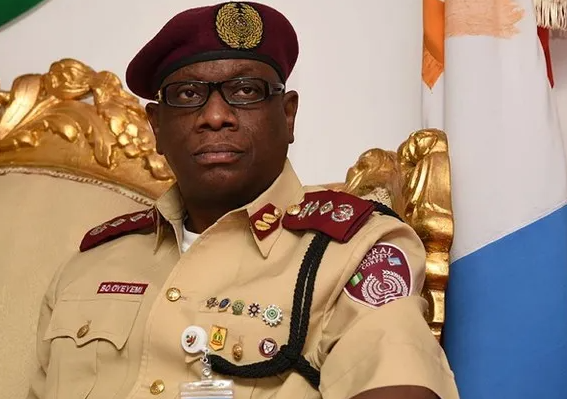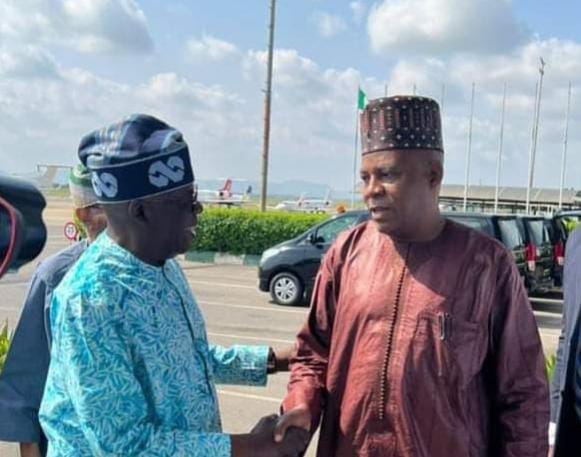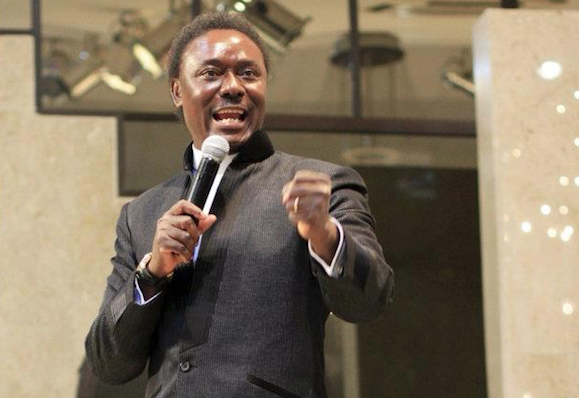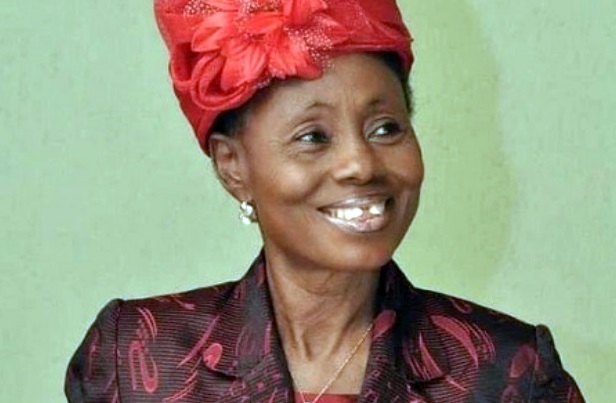BY WEALTH DICKSON OMINABO
The African Union (AU) turned 20 on July 9 — the 20th anniversary of the AU was celebrated at a time when many African nations are enmeshed in political crises and other existential crises that threaten the peace, security and development prospects of the continent. Africa is a continent at a crossroads, challenged by human miseries and development problems.
Many African rural cities are scenes of human suffering, poverty, hunger, deprivation and unquantifiable squalor amid the life of opulence exhibited by their leaders. These challenges undermine the objective of statehood, as today, many African nations rely on foreigners, international bodies and other stakeholders within the international community, for sustenance.
This trend some analysts posit rewinds the clock of progress recorded by the Organisation of African Unity (OAU) the parent body of AU which was established in 1963. The humanitarian crises and security problems in Africa have resulted in the compromise of sovereignty in many African States.
Advertisement
The Fund for Peace in its 2022 Fragile States Index reports that Africa is the most fragile continent in the world as 14 out of the 20 most fragile countries are African nations, with Nigeria occupying 14th position trailing behind Burundi, Cameroon, Eritrea, Guinea Bissau, Uganda, Mali. Human security has been one of the major impediments to Africa’s growth and development prospects. The alarm about human security in Africa has been very loud in recent times because of the development challenges that beset the continent. The COVID-19 pandemic, war, and climate change are ranked as basic factors responsible for some of these sad realities.
Recently, the Norwegian Refugee Council (NRC) reported that the 10 most neglected crises in the world are in Africa. NRC in its 2021 report listed the countries with the most neglected crises as the Democratic Republic of Congo (DRC), Burkina Faso, Cameroon, South Sudan, Chad, Mali, Sudan, Nigeria, Burundi and Ethiopia. The organization said the 2021 ranking “testifies to the chronic failure of decision-makers, donors and the media to address the conflicts and human suffering on this continent”. The report indicated that this is the first time all 10 crises on the council’s annual ranking will come from Africa.
The report sheds light on the challenge of insecurity in the continent, especially as it concerns human security. The report indicts the different African governments for their failure of leadership and abscondment of responsibilities. That Africa will be the host to major humanitarian crises across the globe points to the poor state of governance in the continent and the dereliction of responsibilities by state actors.
Advertisement
Another report by the African Centre for the Study and Research on Terrorism (ACSRT) indicates that “between 2012 and 2020, terrorist attacks on the continent increased four-fold, while there were 508 terrorist strikes across the continent in 2012 that resulted in 2,563 casualties. The number of attacks increased to 2,034 in 2020 resulting in 8,631 deaths, thereby representing 400% and 237% rises in attacks and deaths respectively”.
These reports underscore the fact that a lot of African states are weak – governments across the continent are no longer able to withstand internal pressures thus making them lose their sovereignty under different guises. Insecurity in the continent is undermining the sovereignty of many African States, as some leaders now resort to private security outfits to help contain insurgencies in their countries while others depend on development agencies to resolve their humanitarian crises and solve their development problems.
In recent times, stakeholders have criticised the operation of the Russian Wagner Group in Africa, especially in the Central Africa Republic and in Mali. Some argue that outsourcing national security to foreigners betrays the idea of sovereignty as it amounts to neo-colonialism and wilful surrendering of one’s nationality and territory to political aliens — those without the political mandate and legitimate authority to govern a people.
Many Afrocentric scholars and activists argue that Africa is retreating to colonialism citing loans, grants and other economic incentives by developed nations and multilateral agencies as bait to plunge Africans into the inglorious past of servitude. In recent times, some stakeholders have complained about the dangers of Chinese loans and their impacts on state sovereignty amid the debate on the vagueness of the sovereignty clauses in the contracts.
Advertisement
The idea of political independence is rooted in the concept of state sovereignty and sovereignty is hinged on the state’s capacity to defend its people and territories and shield them from miseries and other threats. African leaders and other stakeholders need to realise that there is a limit to what donor agencies and other foreign stakeholders can do to resolve their internal problems. This current trend where leaders are abandoning their responsibilities to development partners and donor agencies is not a sustainable pathway to the continent’s growth and development.
The real objective of sovereign statehood is hinged on the promise of liberty and responsibility to protect, which should manifest in peace and improved standard of living for citizens. The dream for peaceful and prosperous Africa as captured in Africa Union Agenda 2063 would remain illusionary unless leaders take deliberate steps to address basic security concerns in the continent. Many Africans have lost faith in their countries, so unfortunate that many will prefer to embark on suicide voyages across the Mediterranean Sea just to avoid the sad realities of hunger and deprivation in their home countries.
The promise of sovereignty as David Williams argues is not just that “people can be free from external interference in their internal affairs, but that the sovereign state is the vehicle for achieving political and economic development”. This is the point that African leaders and all other leaders must prioritize because the essence of sovereignty is to advance the fate, destiny and dignity of citizens as well as enhance the progress and shared values of a people.
Africa is failing; its sovereignty is waning, governments are collapsing, terrorists and other non-state actors are winning the hearts and minds of citizens to their side because of the immoderacy of bad governance and the insufficiency of hope.
Advertisement
Defending Africa’s sovereignty starts with good governance, accountability, and justice. These are the values that guarantee peace and hope in any nation. As Patrice Lumumba rightly said: “African unity and solidarity are no longer dreams. They must be expressed in decisions”.
Ominabo is the communications officer at the Goodluck Jonathan Foundation
Advertisement
Views expressed by contributors are strictly personal and not of TheCable.
Add a comment


